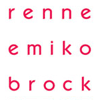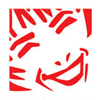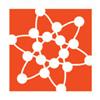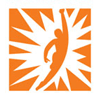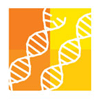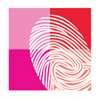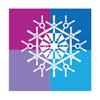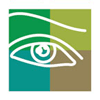| |
g l o s s a r y |
Basic
digital terms A - I | J - W
Basic Web terms |
Basic - Web - Terms |
address
- The designation of a location on the Internet; most commonly,
e mail addresses and URLs.
|
click
on - To select something represented on a computer screen by
positioning a cursor on top of it, then clicking with
a mouse. cursor - a movable symbol used to mark a position
in a document or on a computer screen. When viewing a
Web document, the cursor is often an arrow or hand, moved
by operation of a mouse or other device. |
| cyberspace
- A term coined by William Gibson in his novel Neuromancer
(1984) to describe the network of interconnected computers
and the people who interact with the network. |
| digital
- Pertaining to the use, transmission, and storage of information,
including words, data, and images, in the form of numerical
digits. |
| download
- To
directly transfer data to a computer user's hard drive
or alternative storage device from another location on
the Internet. |
| home
page - An introductory web page that is typically the entry point
to a particular website, and topically the main source
of information about the website. It usually includes
links to connected pages of the website. |
| hypertext -
Text that includes links or shortcuts to other documents,
allowing the reader to easily jump from one text to related
texts. |
| HTML
(Hypertext Markup Language) - The computer-based language used to create and read pages
using hypertext to organize and link words, images, ideas,
and locations, for general use on the World Wide Web. |
| HTTP
(Hypertext Transfer Protocol) - The system used by the World Wide Web to transfer HTML
files. "http" constitutes the initial characters of a
URL on the World Wide Web. |
|
|
word up |
icon
- A small graphic image that represents an address, file,
or application and, when clicked on, produces a programmed
result, such as opening a file or going to another Web
page.
|
Internet
- The
global network of networks. It started as a military network
linking military computers, then developed into a network
of academic computers. It was quickly transformed to serve
individual and commercial purposes. Although commonly
viewed as being the same as the World Wide Web, the Internet
is much broader in scope; it includes all of the computers
that are linked to it on its various networks and all
of the systems used to exchange information between those
computers. |
| link
- A highlighted word, icon, or URL within a Web document
that, when clicked on, takes you to another place within
the document or to another document altogether. |
| mouse
- a
small, hand-held device that controls movement of the
cursor on a computer screen. |
| online
- Referring to anything currently connected to a computer
network. |
| scroll(ing) - Using a cursor to move up and down in a computer file
or on a Web page. |
| URL
(Uniform Resource Locator) - An address used to identify a site on the World Wide Web,
in the form: http://www.art.org. |
| website
- A collection of World Wide Web pages, usually consisting
of a home page and several other linked pages. |
| World
Wide Web (WWW) - An interconnected system of HTML files located on the
Internet, including a method of accessing these files
using hypertext. The Web allows users to navigate the
Internet by following links from documents in one location
to documents in others. |
|
|
students |
| Self Portraits using only the painting tools in
Photoshop. This is their first project in the class. |
|
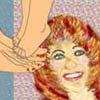
|
|
 |
|
